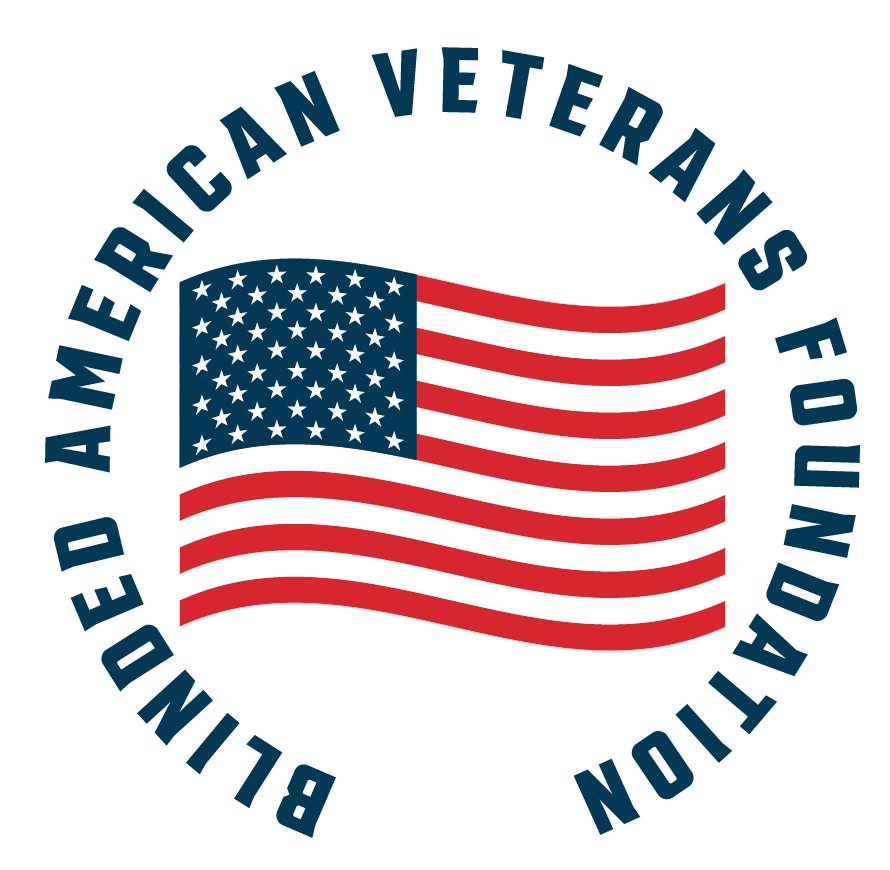The Ethics of Representation in Nursing Writing Services
The ethics of representation in nursing writing services encompasses the moral responsibilities and dilemmas inherent in portraying patient experiences, clinical events, and professional identities through written narratives. Unlike purely technical or data-driven writing, nursing narratives often carry emotional depth, cultural context, and personal vulnerability, which makes the ethical stakes significantly higher. Every decision about what to include, how to frame it, and for whom it is written has consequences for how individuals and communities are perceived. Ethical representation means acknowledging this power and approaching narrative work with integrity, empathy, and critical self-awareness. Nursing writing services that engage with this dimension recognize that writing is not just about communication but about shaping realities and influencing how care is understood, delivered, and valued.
Central to the ethics of representation is the principle of respect for persons. Patients entrust nurses with intimate knowledge of their lives, bodies, and emotions, and this trust must be honored when translating experiences into writing. Ethical nursing writing services ensure that patient narratives are not used exploitatively or BSN Writing Services sensationally to evoke sympathy or illustrate a point at the expense of dignity. They promote practices such as anonymization, de-identification, and obtaining informed consent before sharing identifiable details. Yet ethical representation goes beyond protecting privacy—it involves representing patients as whole human beings rather than as mere cases, diagnoses, or problems to be solved. This means including their voices, perspectives, and contexts, acknowledging their agency and resilience alongside their suffering. In doing so, nurses affirm the inherent worth of every patient and counteract the depersonalization that can pervade healthcare documentation.
Another dimension involves navigating the tension between accuracy and interpretation. Every act of writing shapes reality through selection and framing, and there is always a risk of misrepresenting or distorting experiences. Ethical nursing writing requires transparency about the writer’s perspective and positionality, acknowledging that no account is purely objective. Nursing writing services can guide practitioners in reflective practices that make their assumptions visible and encourage critical examination of how their cultural background, emotions, and professional roles influence their representations. This reflexivity helps prevent the unintentional imposition of biases or stereotypes onto patient stories. It also fosters humility—a recognition that the writer’s understanding is partial and provisional, open to correction by the voices of those represented.
Power dynamics are another critical ethical concern. Nurses occupy positions of authority within healthcare systems, and their narratives can shape how patients are perceived by other professionals, institutions, and the public. Misrepresentation or selective framing can reinforce stigma, marginalization, or paternalistic attitudes, especially toward vulnerable populations such as the elderly, people with disabilities, migrants, or those experiencing mental illness or poverty. Ethical nursing writing resists these tendencies by actively seeking to counteract dominant narratives that dehumanize or blame. Nursing writing services can support this work by training writers to use anti-oppressive language, to center marginalized voices, and to contextualize individual struggles within broader social determinants of health. This approach reframes patients not as isolated problems but as persons navigating systemic challenges, thereby promoting justice and compassion in healthcare discourse.
The ethics of representation also involves responsibility toward the profession itself. How nurses write about their work influences public perceptions of nursing and shapes professional identity. Writing that sensationalizes trauma, frames nurses as passive angels or self-sacrificing martyrs, BIOS 242 pick your pathogen assignment fundamentals of microbiology with lab or depicts the profession only in terms of hardship can obscure the expertise, autonomy, and critical thinking that nursing entails. Conversely, overly sanitized or idealized portrayals can erase the emotional and ethical complexity of the work. Ethical nursing writing strives for honesty and balance—acknowledging challenges while highlighting professional skill and resilience. Nursing writing services can play a vital role here by mentoring nurses to craft narratives that celebrate their contributions without resorting to stereotypes, thus strengthening the profession’s collective voice and credibility.
In academic and research contexts, ethical representation entails rigorous attention to truthfulness and scholarly integrity. Narrative research, case studies, and reflective essays must be constructed from accurate data, faithfully representing participants’ words and meanings. BIOS 251 week 1 case study homeostasis Misquoting, altering narratives to fit preconceived conclusions, or omitting inconvenient details undermines both ethical and scientific standards. Nursing writing services that support scholarly work often include editorial and ethical review processes to safeguard against such distortions. They also emphasize the importance of situating individual narratives within theoretical frameworks and existing literature, ensuring that stories are not presented as universal truths but as situated accounts that contribute to broader understandings.
Cultural ethics are integral to representation as well. Stories are shaped by cultural values, beliefs, and communication styles, and nurses must approach cultural difference with humility and sensitivity. Misrepresentation can occur when cultural practices are exoticized, pathologized, or judged through ethnocentric lenses. Ethical nursing writing involves seeking cultural context, consulting with cultural insiders when appropriate, and resisting assumptions of universality. Nursing writing services can provide cultural competency training, style guides, and peer review from diverse perspectives to help writers represent cultural differences respectfully. This commitment not only prevents harm but enriches nursing literature with diverse worldviews that expand empathy and understanding.
Importantly, the ethics of representation includes emotional ethics—the responsibility to handle emotionally charged material with care. Stories of suffering, trauma, death, and injustice can evoke strong emotional responses in both writer and reader. Ethical writing acknowledges this MATH 225 week 2 discussion graphing and describing data in everyday life affective power and uses it responsibly, neither numbing readers through clinical detachment nor overwhelming them with unmodulated emotional intensity. Nursing writing services can guide writers in finding appropriate tone, pacing, and narrative distance, enabling them to evoke empathy without causing voyeurism or secondary trauma. This ethical modulation helps ensure that narratives serve healing and understanding rather than exploitation or spectacle.
Finally, ethical representation demands ongoing accountability. Ethics is not a one-time checklist but a continuous process of reflection, consultation, and responsiveness to feedback. Writers must be open to criticism, willing to revise or retract work if it causes harm, and committed to SOCS 185 the influence of agents of socialization nurturing motherly traits through play learning from the communities they represent. Nursing writing services can institutionalize this accountability by implementing ethical review boards, feedback mechanisms, and mentorship structures that uphold high standards of representation. This creates a culture where ethical vigilance becomes integral to the craft of writing rather than an afterthought.
In essence, the ethics of representation in nursing writing services is about honoring the profound trust embedded in stories. It means seeing writing not as a neutral act but as a moral act that can either affirm or diminish human dignity. By approaching narrative work with respect, reflexivity, cultural humility, and social responsibility, nurses can transform writing from a mere documentation task into an ethical practice that uplifts the voices of patients, strengthens the integrity of the profession, and contributes to a more compassionate healthcare culture. This ethical orientation ensures that the stories nurses tell serve as bridges of understanding and justice, not instruments of harm or misrepresentation, and it underscores why ethics must be at the heart of all narrative endeavors in nursing.
270
53
1 Guest(s)

